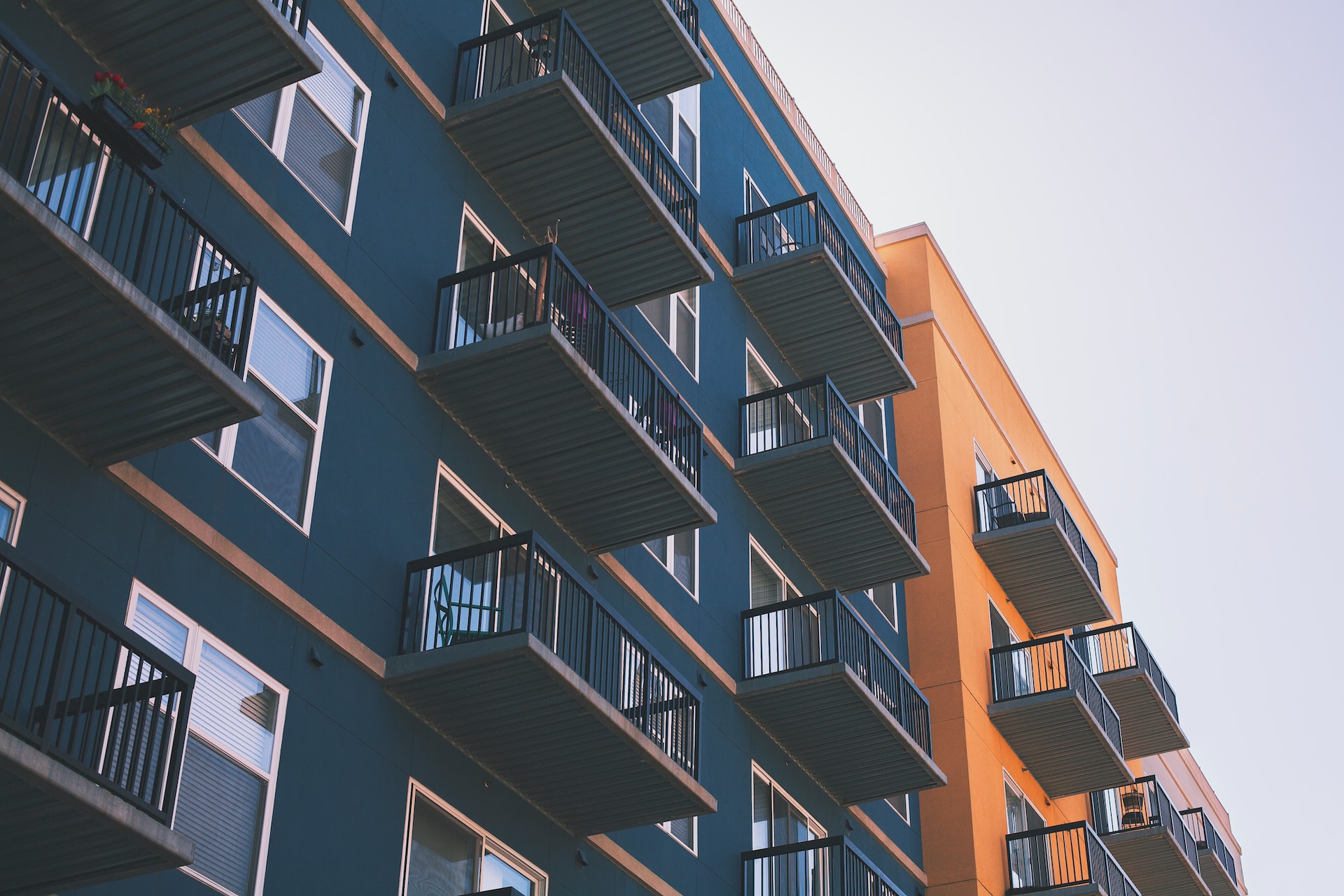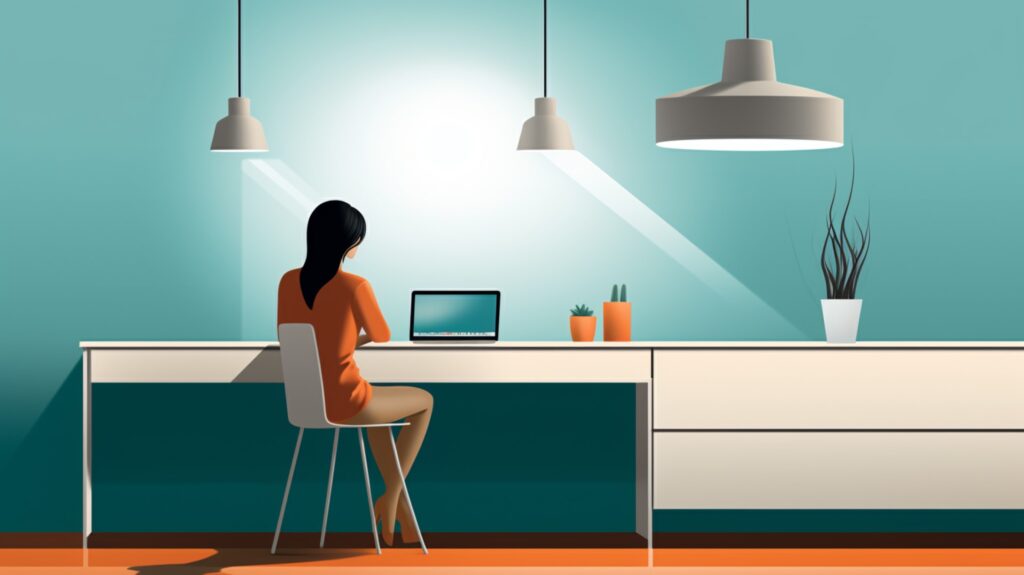
We are reader-supported. When you buy through links on our site, we may earn an affiliate commission.
A good tenant-landlord relationship has several benefits. It means fewer vacancies, reduced turnover costs and consistent income for property owners. Landlords who develop great rapport with renters respond immediately to reported maintenance issues. If you recently moved into a new unit, follow these tips to be a good tenant and stay on good terms with your landlord.
1. Settle Rent on Time
Your rent payment could be your landlord’s only source of income, so pay the monthly fee on time. Ideally, you should have an emergency fund to cover your rental and other unexpected expenses if you lose employment. This way, you can protect your credit score and reputation.
Only move into your new residence if you can afford the rent. It should take up to 30% of your salary so that you can pay it easily.
2. Be Cautious About Noise
When sharing the same complex, show respect by toning down the noise. Minimize the volume on your TV or music, don’t slam the door and avoid holding loud parties.
You may have neighbors working from home or trying to get sleep after the night shift. Be mindful of your actions to be a good tenant.
3. Take Care of the Property
Take care of the apartment as if it’s your own home. Keep it tidy and clean. Do your best to prevent damage to the windows, floors, walls and other fixtures and keep the unit in top shape. It helps to learn basic repair skills, clean the air-conditioning filters and volunteer to trim the lawn. You will love your residence if it’s well-tended.
4. Clean Your Unit
It feels good to come home to a clean and organized unit. It clears your mind and alleviates stress. Schedule a time for cleaning your private space.
Dry up damp areas to prevent mold. Clean the grime on bathroom faucets and sinks. Put away unusable furniture and add a personal touch to your apartment by decorating it.
5. Be Friendly With Your Neighbors
You’ll live with your neighbors for several months or years. Even if it’s intimidating, go out of your way to get to know them and make friends. Say good morning or hello when you see them and engage in small talk when possible.
Give your neighbors home-cooked food or small gifts on special occasions. People who become close to them tend to watch out for each other. They can keep an eye on your unit when you go on vacation.
6. Communicate Maintenance Problems
An unreported minor maintenance issue can snowball into an expensive repair. Be a good tenant and inform your landlord immediately of any property-related concern, such as roof leaks, clogged toilets and other high-priority problems.
Landlords expect home repair expenses and often set a minimum budget for them. Help them sidestep high-cost repairs by communicating maintenance hassles.
7. Solve Small Issues
If there are things you can fix by yourself, do it. Faulty light fixtures, grimy grout, running toilets or dripping faucets are mendable by doing a quick online search and following the steps to repair.
Your landlord could be busy with other things, so complaining about troubles you can rectify alone is a hassle for both of you. Show you are a responsible adult by taking the initiative in solving minor problems.
8. Purchase Renters Insurance
Renters insurance protects your valuables from crime, natural disasters, fraud and accidents. You may live in a state where around 14 million homes sustain damage each year. Insurance can replace your furniture, electronics, appliances and personal properties in case of weather damage.
Adding $14 to $25 per month on top of your rent can safeguard you from the financial losses caused by theft and disasters.
9. Use Felt Pads on Furniture Feet
Wooden floors are expensive to maintain. Reduce the damage and scratches by using felt protector pads on furniture and heavy appliances. They create a soft barrier between the floor and the furniture feet so you can slide them around your space without damaging the floor. It also helps reduce the noise when you move things.
10. Get Permission to Bring in a New Pet
Double-check the lease policy if you plan to expand your fur family. Most landlords have pet-friendly regulations. Still, be respectful about bringing in more pets without getting their approval first. Some people can be overly concerned about property damage caused by more animals or the smell even if tenants pick after them.
Get your landlord’s approval before bringing in an additional pet.
11. Control Your Pets
Some pets can cause disturbance to other tenants. They sometimes bark loudly, run around the unit, annoy the neighbors and destroy the landscape. They might bite other renters if they’re untrained to socialize with people.
Part of your obligation to be a good tenant is to manage your pets. Refrain from letting them roam around without you. Keep them on a leash when you go out to prevent trespassing on other peoples’ units. Enroll your puppy in obedience school so they grow to be a well-trained dog.
Build a Good Relationship With Your Landlord
A good relationship with your landlord will benefit you in multiple ways — even after you stop renting. They respond more quickly to maintenance issues if you have a favorable relationship and might also be more forgiving of late payments due to emergencies. After moving out, they can give you an excellent reference and make hunting for your next apartment easier.
Approach your relationship with your landlord as a business. Since you’re occupying their property, help them in ways you can, such as paying rent on time, taking care of the property and staying on good terms with them. A little kindness can go a long way.









